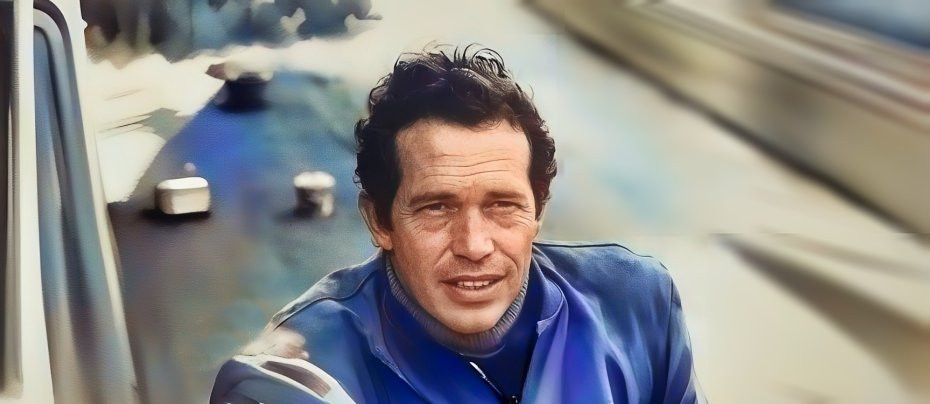
Warren Oates
Tribute to a Reluctant Star
1928 - 1982
Warren Oates was an actor who, despite rarely occupying the centre stage, left a lasting impact on American cinema. Born on 5 July 1928, in Depoy, a tiny rural community in Muhlenberg County, Kentucky, Oates grew up in the heart of rural America, a background that would inform many of his gritty, grounded performances. Over his 25-year career, he became a symbol of the unsung American, embodying the complexities of outsiders, anti-heroes, and men living on the margins of society.
Warren Oates wasn’t born into the world of Hollywood; his path there was anything but conventional. The younger of two sons born to mother Alice and his father, Bayless Earle Oates, a small-town general store owner who had English, Scottish and Welsh ancestry, Warren attended Louisville Male High School until 1945 before joining the U.S. Marine Corps. After his time in the military, Warren became interested in theatre and while attending the University of Louisville he starred in several plays produced by the school's Little Theater Company. In 1957 he moved to New York City to pursue acting seriously, joining the circle of actors who took on challenging roles in television and film in the late 1950s.
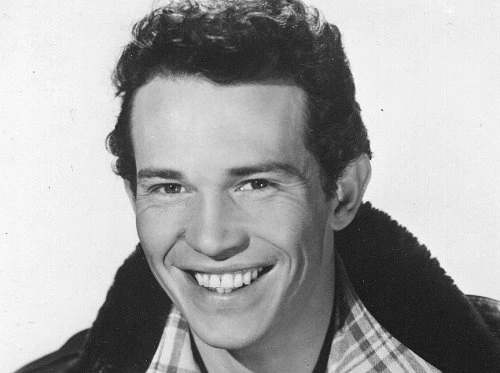
Oates first made a name for himself on the small screen, where he appeared in dozens of shows throughout the 1950s and 1960s, including Westerns like Wagon Train, Tombstone Territory, Rawhide, Wanted: Dead or Alive, The Virginian, Have Gun – Will Travel, The Big Valley, Bat Masterson, Gunsmoke and The Rifleman. His ability to blend into these roles, embodying the often gritty and rough-edged characters, made him a natural fit for this genre. His distinctive look—weathered face, heavy-lidded eyes, and a sly, almost impish smile—made him instantly recognizable, even in smaller roles. Yet, Warren Oates wasn’t a typical leading man. He often portrayed outlaws, drifters, and sidekicks—characters that didn’t fit the mold of Hollywood’s handsome, heroic archetype but possessed a complexity that made them fascinating.
"There were 40 series, and I went from one to the other. I started out playing the third bad guy on a horse and worked my way up to the number-one bad guy," Warren said of his fledgling career.
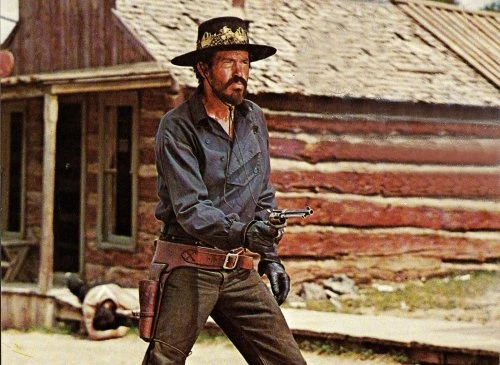
It wasn’t until Warren teamed up with director Sam Peckinpah on the set of The Rifleman that his career truly began to flourish. Peckinpah, known for his brutal and intense vision of the American West, found in Oates a kindred spirit. The two worked together on several projects, but it was their collaboration in The Wild Bunch (1969) that cemented Warren's place in cinematic history. In this film, Warren played Lyle Gorch, a member of a gang of aging outlaws. Though part of an ensemble cast, Warren’s performance stood out. He brought a sense of quiet desperation and fatalism to his character, reflecting the film’s larger themes of the dying Old West and the futility of violence.
This partnership with Peckinpah would continue in Bring Me the Head of Alfredo Garcia (1974), a cult classic in which Warren was finally given a starring role. His portrayal of Bennie, a down-on-his-luck bar pianist-turned-bounty hunter, was a career-defining moment. The character’s journey is a deeply tragic one, with Warren capturing both the physical and emotional toll of his mission. His gritty realism and unwavering commitment to the role elevated the film, which was initially met with mixed reviews but has since become a cult favourite. His Bennie is a deeply flawed but ultimately human figure, navigating a world that is both violent and unforgiving.
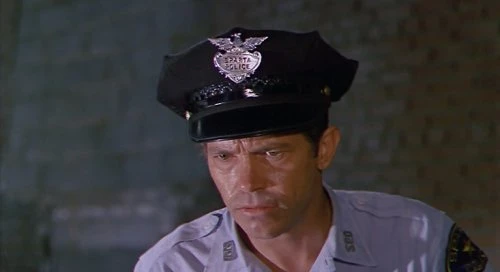
Though Warren became a favourite of directors like Peckinpah and Monte Hellman, who directed him in Two-Lane Blacktop (1971) and Cockfighter (1974), Warren also worked with several major directors of this era, including Leslie Stevens, Norman Jewison, Joseph L. Mankiewicz, John Milius, Philip Kaufman, and Steven Spielberg. In Jewison's movie In the Heat of the Night he played the role of Officer Sam Wood. His character is a local police officer in the small Southern town of Sparta, Mississippi, where a murder investigation takes place. Sam Wood is a pivotal character who discovers the body of a murdered industrialist, setting the story in motion. Initially, he shares the prejudices of the town’s other white residents and participates in the wrongful arrest of Virgil Tibbs, a Black detective from Philadelphia played by Sidney Poitier. The movie which also starred Rod Steiger was nominated for 7 Oscars (winning 5) and ended up with multiple awards elsewhere including a British Academy Award.
Despite his successes, Warren never quite achieved the status of a Hollywood A-lister. Perhaps it was because he was never concerned with fame. He famously disliked the glitz and glamour of Hollywood and often retreated to the quiet of the desert or his ranch in Montana when not filming. He was a man of contradictions—an actor who thrived in gritty, urban tales of American life but preferred the solitude of nature in his personal life.
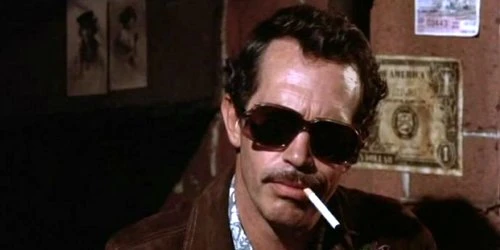
Despite never achieving mainstream stardom, Warren’s influence on the film industry is undeniable. His characters often reflected the disillusionment and complexity of postwar America, where the lines between hero and villain, good and bad, were blurred. In this way, he became a quintessential figure of 1970s American cinema, a time when directors and actors were more willing to explore the darker sides of human nature.
Warren Oates passed away on 3 April 1982, at the age of 53, far too soon for a man whose career seemed to be on the brink of even greater heights. Though his time in the spotlight was brief, Warren left behind a body of work that continues to resonate with audiences. His characters were often flawed, deeply human, and tragically beautiful—reflecting the contradictions of American life.
In many ways, Warren Oates was the ultimate character actor, one who could disappear into his roles and yet leave an indelible mark on each film. He brought a raw, unfiltered quality to his performances, making him one of the most authentic actors of his time. For those who knew him, both on-screen and off, Warren Oates was an actor who didn’t just play a role—he lived it.
Published on October 1st, 2024. Written by Laurence Marcus for Television Heaven.









